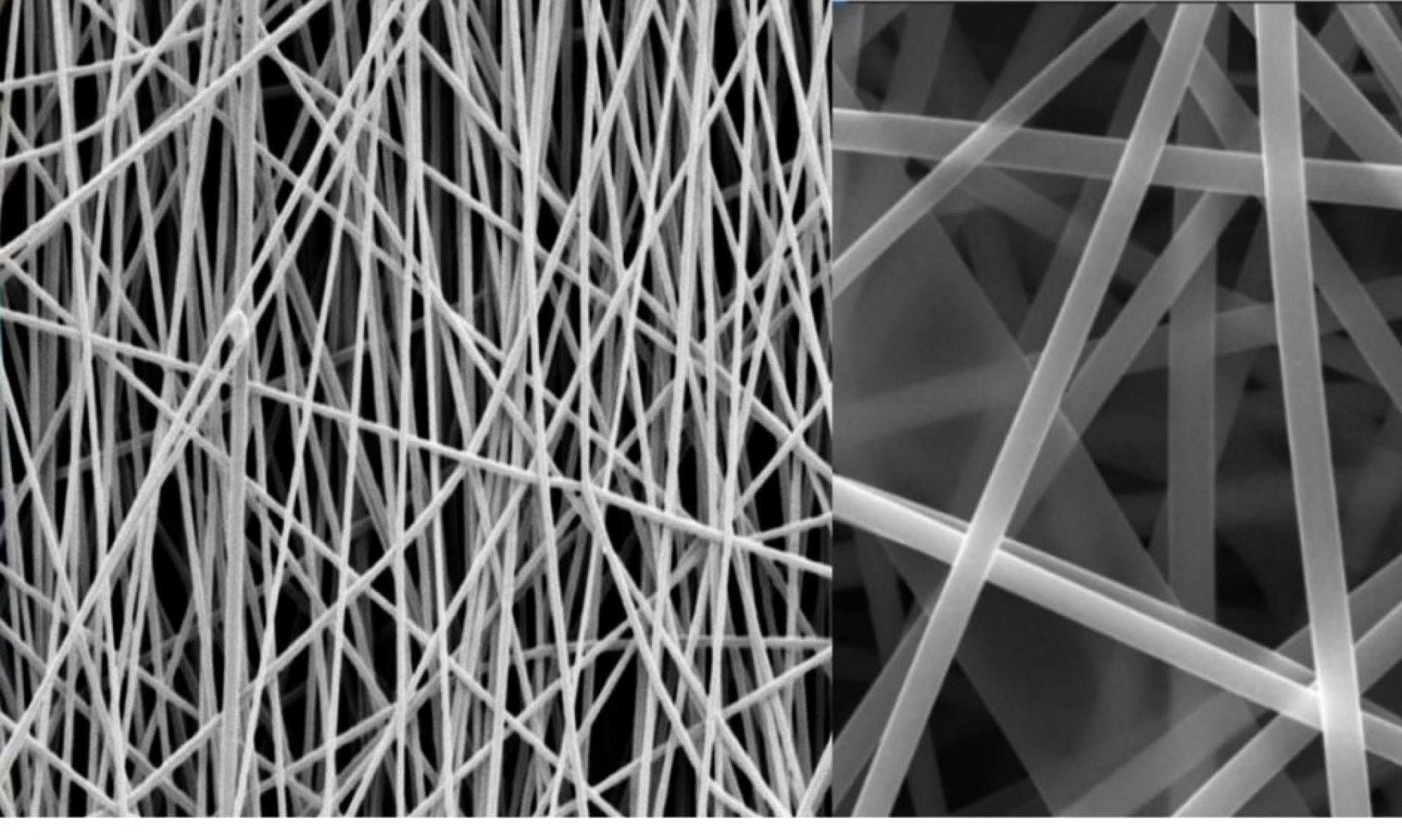
Ana has been awarded a Newton Fund Institutional Links grant (ID 527320452) to conduct a project in collaboration with Colombia (Universidad Pontificia Bolivariana) and the team of Dr. Cristina Castro on Bacterial Nanocellulose for Energy Applications. Looking forward to starting this exciting project. Check out the abstract below!
Colombia is one of the world’s “megadiverse” countries, hosting close to 10% of the planet’s biodiversity. Therefore, bioeconomy is a field with a large potential for economic activities, mainly driven from new discoveries in the biological sciences. The last National Development Plan (PND, 2017) identified an economic growth strategy where biological resources and residual biomass must be managed in an efficient and renewable way to generate new products, processes and services with added value, as new levers for development. Our project aims to reuse the leftover of the fique natural fiber production (juice) from local producers (AGAVE S.A.S) in Antioquia, where close to 100 farmers of fique fibers sell this raw material at a price of $150 COP/kg for the production of sacks and cord. It is worth mentioning that only 4% of the fique plant is used for the extraction of fibers, leaving the remaining as waste. We will use the fique juice as a culture medium for the Komagataeibacter Medellinensis bacteria for the synthesis of bacterial nanocellulose, which will be further activated for energy storage applications, including lithium-ion batteries and supercapacitors. With this project, we will support local farmers, who will benefit from selling their agricultural waste to biomass companies, providing farmers a new source of income. The proposed collaboration involves Universidad Pontificia Bolivariana (UPB) and Queen Mary University of London (QMUL). Two research groups at UPB will join efforts for this project: new materials (GINUMA), energy and thermodynamics (GET). From QMUL, Dr. Jorge and Dr. Szilagyi will bring their experience in the application of biomass-derived materials as alternative energy compounds for storage and conversion. The knowledge of the UPB-QMUL team guarantees the project will be a success. We hope this institutional link fund will help us launch this collaboration further, including the development of an exchange program between institutions.

